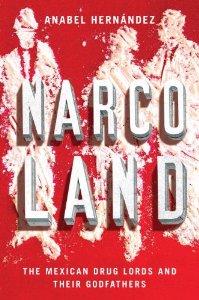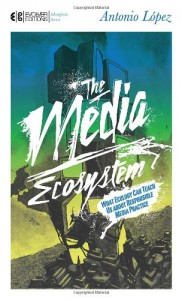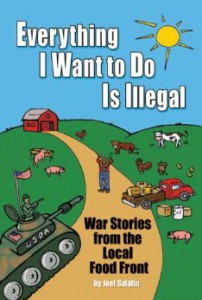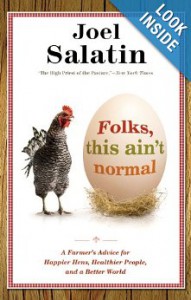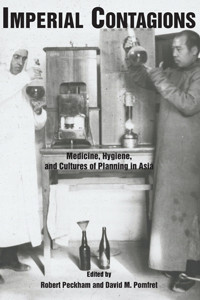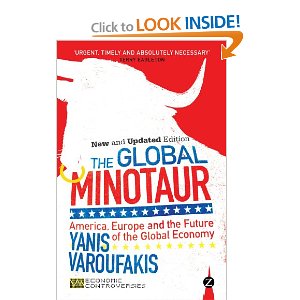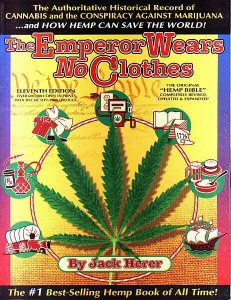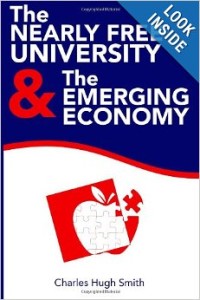
Charles Hugh Smith
Publisher's Overview: With the soaring cost of higher education, has the value a college degree been turned upside down. College tuition and fees are up 1000% since 1980. Half of all recent college graduates are jobless or underemployed, revealing a deep disconnect between higher education and the job market. It is no surprise everyone is asking: Where is the return on investment? Is the assumption that higher education returns greater prosperity no longer true? And if this is the case, how does this impact you, your children and grandchildren? We must thoroughly understand the twin revolutions now fundamentally changing our world: The true cost of higher education and an economy that seems to re-shape itself minute to minute. The Nearly Free University and the Emerging Economy clearly describes the underlying dynamics at work – and, more importantly, lays out a new low-cost model for higher education: how digital technology is enabling a revolution in higher education that dramatically lowers costs while expanding the opportunities for students of all ages. The Nearly Free University and the Emerging Economy provides clarity and optimism in a period of the greatest change our educational systems and society have seen. The Nearly Free University and the Emerging Economy offers everyone the tools needed to prosper in the Emerging Economy.
>Smith has the genius to find the words to distill observations which become clear to all By Graham H. Seibert TOP 1000 REVIEWERVINE VOICE on October 4, 2013
Smith has the genius to find the words to distill observations which become clear to all when he reduces them to the succinct text that others seem not to have managed.
Smith opens with the observation that education is a dinosaur of an industry. It is delivered the same way it was in Aristotle's day, by assembling the students in the physical presence of a teacher. That was necessary when there were no books, and when books were too expensive for individuals to own. The reason that the situation perpetuates itself has more to do with the rich benefits which accrue to teachers and administrators in the University itself rather than any benefits to the students.
Education is a protected cartel. The right to accreditation is controlled by the state, and it is doled out to institutions which conform to the traditional mold. All participants in the industry have an interest in and its perpetuation, except students. Students are powerless and not very well informed, so the system continues as it is.

